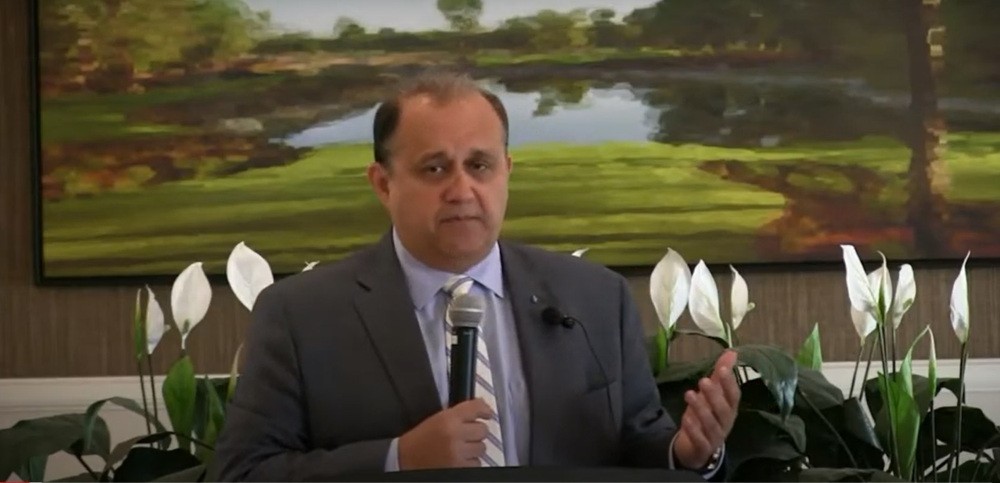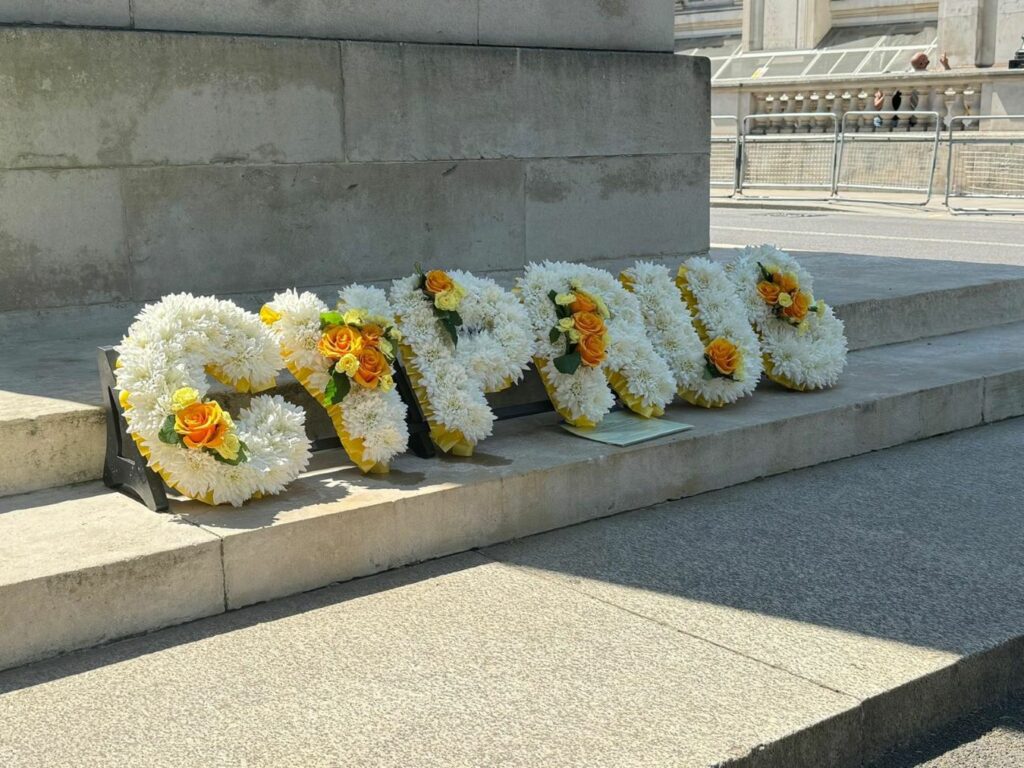
By Ilan Berman, Contributor
Of all the variables that dictate the fate of nations, demography might just be the most decisive. The pace of populations—how they grow, change and decline—helps shape a country’s political outlook, its internal makeup, and its place in the world. It can also provide useful insights into a nation’s foreign policy priorities.
Turkey is a case in point. In late April, TurkStat, Turkey’s official statistics agency, released its latest survey of the country’s population. That study found that the national fertility rate, at 2.08, remains more or less stable. The trend, however, isn’t uniform. In the country’s west, birth rates generally fall significantly below the 2.1 live births per woman needed for “replenishment.” Births in Turkey’s Kurdish-dominated southeast, by contrast, are significantly higher. In other words, Turkey’s Kurdish minority is growing, while the rest of the country is not.
These details go a long way toward explaining the Turkish government’s latest foreign policy project. Largely unnoticed by the West, the government of Prime Minister Recep Tayyip Erdogan has begun an ambitious political effort to resolve the country’s decades-long conflict with the Kurdistan Workers Party, or PKK—and to launch a sweeping “reconciliation” with its Kurdish minority writ large.
The conceptual roots of this initiative date back several years, but serious efforts on this front are comparatively new. They entail talks of a ceasefire with the PKK, and a withdrawal of the group from Turkish territory to strongholds in northern Iraq in exchange for amnesty from, and a cessation of hostilities with, Ankara.
The rationale behind this effort is compelling. Turkey’s ruling Justice and Development Party (AKP) has charted impressive gains in recent years, particularly when compared to its European counterparts, which are suffering a collective—and protracted—fiscal meltdown. Growing national GDP ($786 billion in 2012), a relatively modest budget deficit (two percent), and comparatively low unemployment and public debt (9.4 and 37 percent, respectively) have already made Turkey the sixth largest economy in Europe, and the sixteenth largest in the world. But Turkish officials are thinking even bigger; by 2050, they hope, their country will rank as the third-largest economy in Europe, and tenth in the world overall.
Against this backdrop, the Turkish government has come to view its conflict with the PKK as a costly and unacceptable distraction. Turkish officials estimate that their country has spent nearly half-a-trillion dollars on counterterrorism over the past three decades—money that could have been spent on everything from high speed rail to improvements to the nation’s schools.
But the Turkish-Kurdish divide also represents a real threat to future prosperity, because the AKP has hinged much of its plans for future growth on an economic partnership with the autonomous Kurdistan Regional Government (KRG) in neighboring Iraq. Earlier this spring, the Turkish government is believed to have hammered out a secret deal to dramatically expand energy ties with the KRG. The stakes are potentially huge; officials in the KRG estimate that the energy routes now being actively under consideration between Ankara and Irbil could carry as much as one million barrels of crude to Turkey by the year 2015—and as much as double that by the end of the decade.
Lots of impediments stand in the way (among them Iraq’s central government, which has not looked kindly upon the KRG’s economic side deals). But for such an energy corridor to even stand a prayer of materializing, Turkey will need to have peace along its common border with Iraq—and stability in its Kurdish regions. That will require a mending of fences with the PKK, which has for the past several years orchestrated its insurgency against the Turkish state from the relative safe haven of northern Iraq. It likewise demands a greater political integration of the country’s growing Kurdish minority, which has emerged as an indispensable stakeholder in Turkey’s economic future.
The demographic numbers, in other words, don’t lie. The ethnic thaw that the AKP is attempting to engineer isn’t simply savvy politicking. It’s also sound business.

